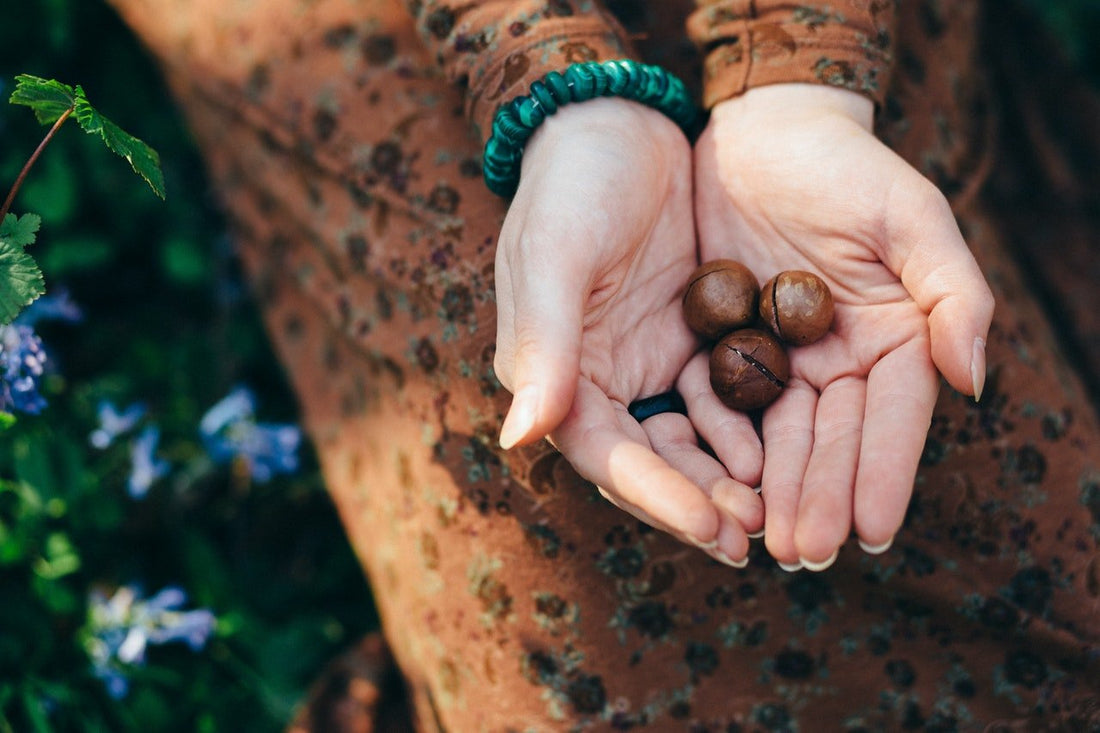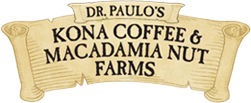
How to Make Your Kona Coffee Healthier
Share
Coffee is among the most consumed drinks in the world. Many health professionals say it is also one of the healthiest. For some people, it is the single most important source of antioxidants in their diet, surpassing both fruits and vegetables. Here are a few techniques to take your Kona coffee from healthy to very healthy.  The quality of Kona coffee can vary substantially based on the processing method as well as how the coffee beans were farmed. Most of the time, artificial pesticides and other chemicals never meant for human consumption are sprayed on coffee beans. Pesticides in food may have negative health impacts, but this is debatable. There is now little proof that pesticides found at low levels in food are harmful. However, if you are concerned about the amount of pesticides in your Kona coffee, think about purchasing organic coffee beans. They should have considerably fewer synthetic insecticides in them.
The quality of Kona coffee can vary substantially based on the processing method as well as how the coffee beans were farmed. Most of the time, artificial pesticides and other chemicals never meant for human consumption are sprayed on coffee beans. Pesticides in food may have negative health impacts, but this is debatable. There is now little proof that pesticides found at low levels in food are harmful. However, if you are concerned about the amount of pesticides in your Kona coffee, think about purchasing organic coffee beans. They should have considerably fewer synthetic insecticides in them.  Cocoa has several benefits, including a lower risk of cardiovascular disease. To add flavor to your Kona coffee, try a dab of cocoa powder. You may simply make your own at home to avoid the added sugar in coffee houses.
Cocoa has several benefits, including a lower risk of cardiovascular disease. To add flavor to your Kona coffee, try a dab of cocoa powder. You may simply make your own at home to avoid the added sugar in coffee houses.
Don't Consume Caffeine After 2 P.M.
One of the richest natural sources of caffeine is coffee. One of the key factors behind Kona coffee's popularity is the stimulating properties of caffeine. When you're feeling fatigued, it keeps you awake by providing you with an immediate burst of energy. However, if you consume Kona coffee late in the day, it can disrupt your sleep. Lack of sleep is associated with many different health problems. This makes it crucial to avoid consuming Kona coffee in the afternoon. If you really must, go with decaf or choose tea since it has considerably lesser caffeine than coffee. A good rule of thumb is to refrain from drinking Kona coffee after 2-3 p.m. However, not everyone reacts to caffeine similarly, and some people may sleep soundly even if they drink their Kona coffee in the afternoon. However, if you believe that your sleep may be improved, refraining from drinking Kona coffee in the afternoon may be a suitable method.Avoid Loading Your Kona Coffee with Sugar
Although Kona coffee is generally healthful, it is very simple to make it unhealthy. One of the best ways to do just that is to add a ton of sugar. Undoubtedly, one of the worst foods in the average person's diet nowadays is added sugar. Sugar is associated with many significant disorders like obesity and diabetes, primarily because of its high sugar content. Try stevia or other natural sweeteners if you can't live without sweetness in your Kona coffee.Select an Organic or High-Quality Brand
 The quality of Kona coffee can vary substantially based on the processing method as well as how the coffee beans were farmed. Most of the time, artificial pesticides and other chemicals never meant for human consumption are sprayed on coffee beans. Pesticides in food may have negative health impacts, but this is debatable. There is now little proof that pesticides found at low levels in food are harmful. However, if you are concerned about the amount of pesticides in your Kona coffee, think about purchasing organic coffee beans. They should have considerably fewer synthetic insecticides in them.
The quality of Kona coffee can vary substantially based on the processing method as well as how the coffee beans were farmed. Most of the time, artificial pesticides and other chemicals never meant for human consumption are sprayed on coffee beans. Pesticides in food may have negative health impacts, but this is debatable. There is now little proof that pesticides found at low levels in food are harmful. However, if you are concerned about the amount of pesticides in your Kona coffee, think about purchasing organic coffee beans. They should have considerably fewer synthetic insecticides in them. Limit Your Coffee Consumption
While consuming Kona coffee in moderation is beneficial, overuse may negate those advantages. Although tolerance varies from person to person, excessive caffeine consumption may cause a variety of negative side effects. According to the FDA, healthy individuals weighing around 176 pounds can consume up to 400 milligrams of Kona coffee per day—roughly four or five cups of coffee— without experiencing harmful effects. The key to drinking Kona coffee is to weigh the dangers and advantages. Consume only as much as you can easily handle while paying attention to your body.Add Cinnamon to Your Kona Coffee
Cinnamon is a delicious spice that pairs exceptionally well with coffee's flavor. According to studies, cinnamon can help diabetics with their blood sugar, cholesterol, and triglycerides levels. If you want to enhance the flavor of your Kona coffee, try a dash of cinnamon. It's rather good. If possible, choose Ceylon cinnamon over the more popular Cassia cinnamon to reduce the risk of harmful side effects.Avoid Using Low-fat or Artificial Creamers
Most low-fat and artificial creamers sold in the market frequently have questionable components and go through a lot of processing. However, there hasn't been a lot of research done on the health benefits of non-dairy coffee creamers. Their contents differ depending on the brand, some may be better than others. However, natural, whole foods are typically a better option. Consider using full-fat cream, particularly from grass-fed cows, instead of a non-dairy creamer when drinking your Kona coffee. According to studies, milk products contain several vital nutrients. Dairy, for instance, is a great source of calcium and may lower the risk of bone disease and fractures. A little amount of vitamin K is also present in milk from grass-fed cows, and this vitamin has been linked to better bone health.Add Some Cocoa to Your Kona Coffee
 Cocoa has several benefits, including a lower risk of cardiovascular disease. To add flavor to your Kona coffee, try a dab of cocoa powder. You may simply make your own at home to avoid the added sugar in coffee houses.
Cocoa has several benefits, including a lower risk of cardiovascular disease. To add flavor to your Kona coffee, try a dab of cocoa powder. You may simply make your own at home to avoid the added sugar in coffee houses. 